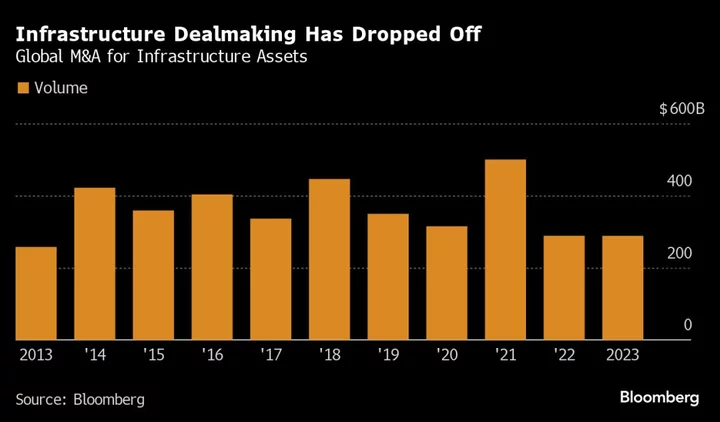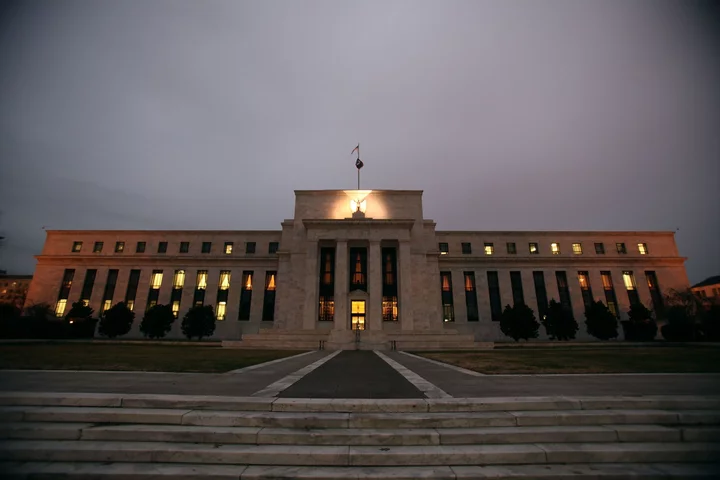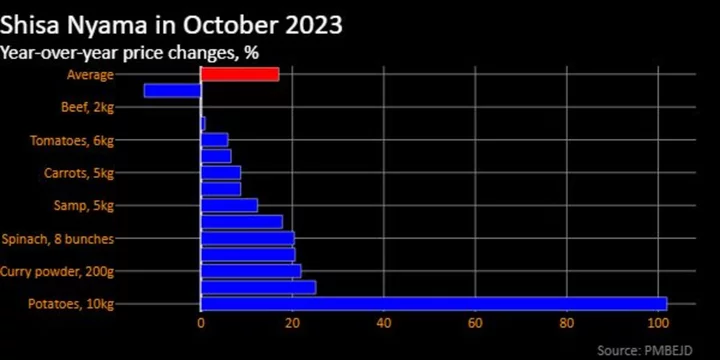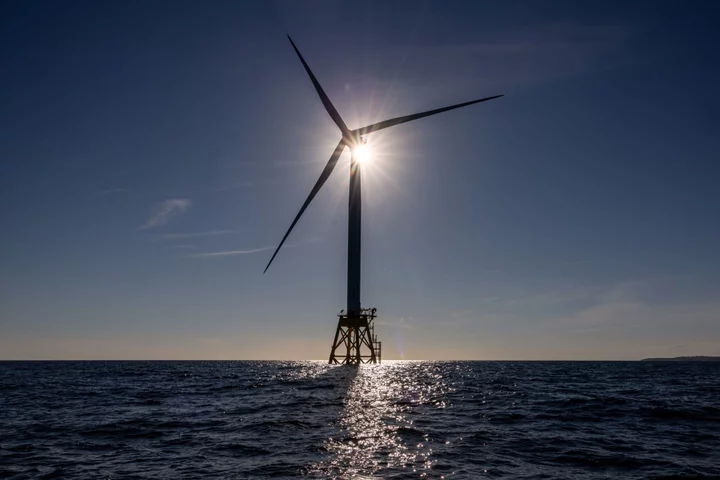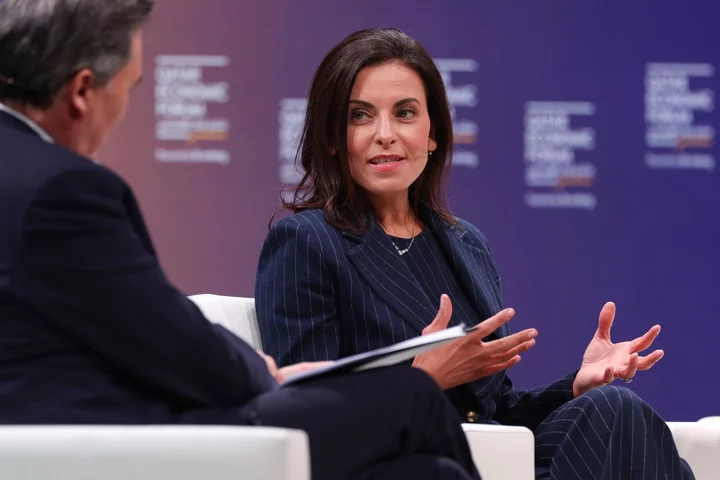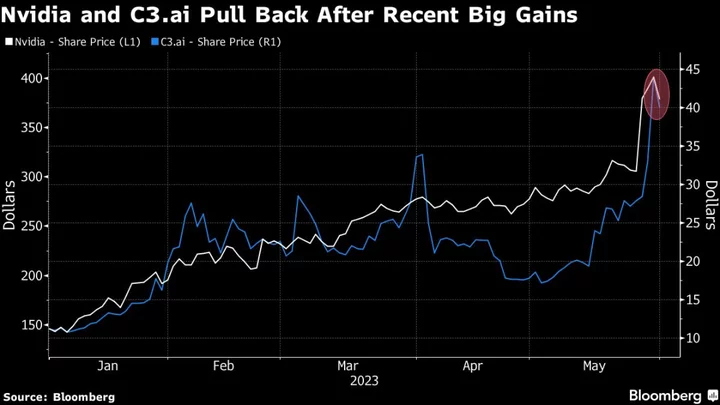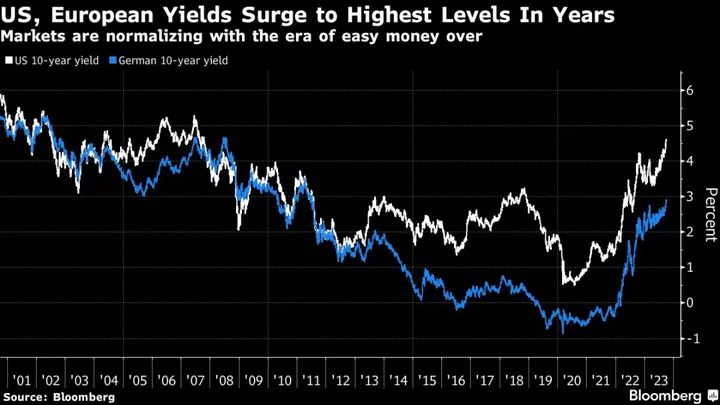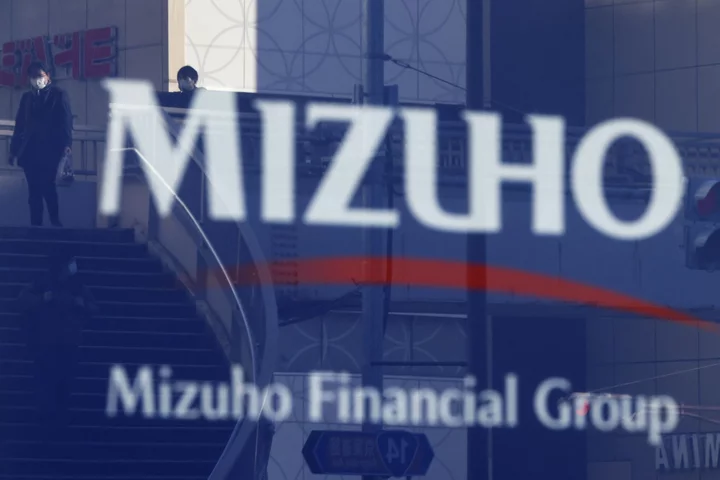UBS Asset Management is focusing on improving infrastructure investments it already owns as the weakest dealmaking environment in a decade limits opportunities to buy new assets.
The $1.5 trillion investment arm of the Swiss lender is adding more powerful turbines at its Texas wind farms venture, Phoenix Wind Repower LLC, while replacing older copper routes with new fiber networks in the French and German countryside through Altitude Infra and Northern Fibre Networks, said Andrew Morris, UBS Asset’s head of infrastructure equity.
“We’re looking to take on opportunities where we can create clear value from our investing activities,” Morris said in an interview in Sydney. That means “taking on more risk to deliver more growth as opposed to just buying infrastructure because it’s nice and stable and produces yield.”
Global infrastructure deals are on track for the slowest year since 2013 as higher interest rates and an over allocation to private assets from big institutional investors curbed demand for these assets. That’s likely to persist into next year, according to Morris, who expects central banks to keep borrowing costs relatively high in their fight against persistent inflation.
“Two years ago, you would have bidders turning up around the block to bid for stuff, but now no one is,” London-based Morris said during a visit to Australia to see customers.
Morris said his firm targets companies at the heart of the energy transition and digitization, businesses that make up around three-quarters of its infrastructure equity fund holdings. UBS bought Datum Datacentres Ltd. in the UK in 2021 and is building colocation data centers that meet growing demand in British cities such as Manchester. Aiding grid stability in Texas by having battery storage and wind assets nearby is improving Phoenix Wind Repower, a firm it acquired in 2019.
“The need for capital is gargantuan across those sectors globally,” Morris, a former Canada Pension Plan executive, said. “Wherever you are in the value chain, and at the small, medium or large end, the opportunities are significant,” he said.
UBS Asset Management’s infrastructure equity funds typically target mid-sized companies in North America and Europe and avoid the mega-deals increasingly dominated by large pensions, sovereign wealth funds and giant private markets fund managers.
The impetus to build out existing infrastructure assets reflects a slowdown in deals, and hesitation among sellers to reprice assets following the increase in interest rates in many developed economies over the past 18 months.
The value of infrastructure transactions fell 42% in 2022 and has yet to recover this year, according to data compiled by Bloomberg. With one month of 2023 remaining and transaction volume on pace to hit the lowest annual level since 2013, Morris expects that weakness to endure next year.
“We’re in for a period of higher inflation,” he said. “One reason is the amount of capital that needs to go into the economy for the energy transition — that will be hugely expensive,” he said.

